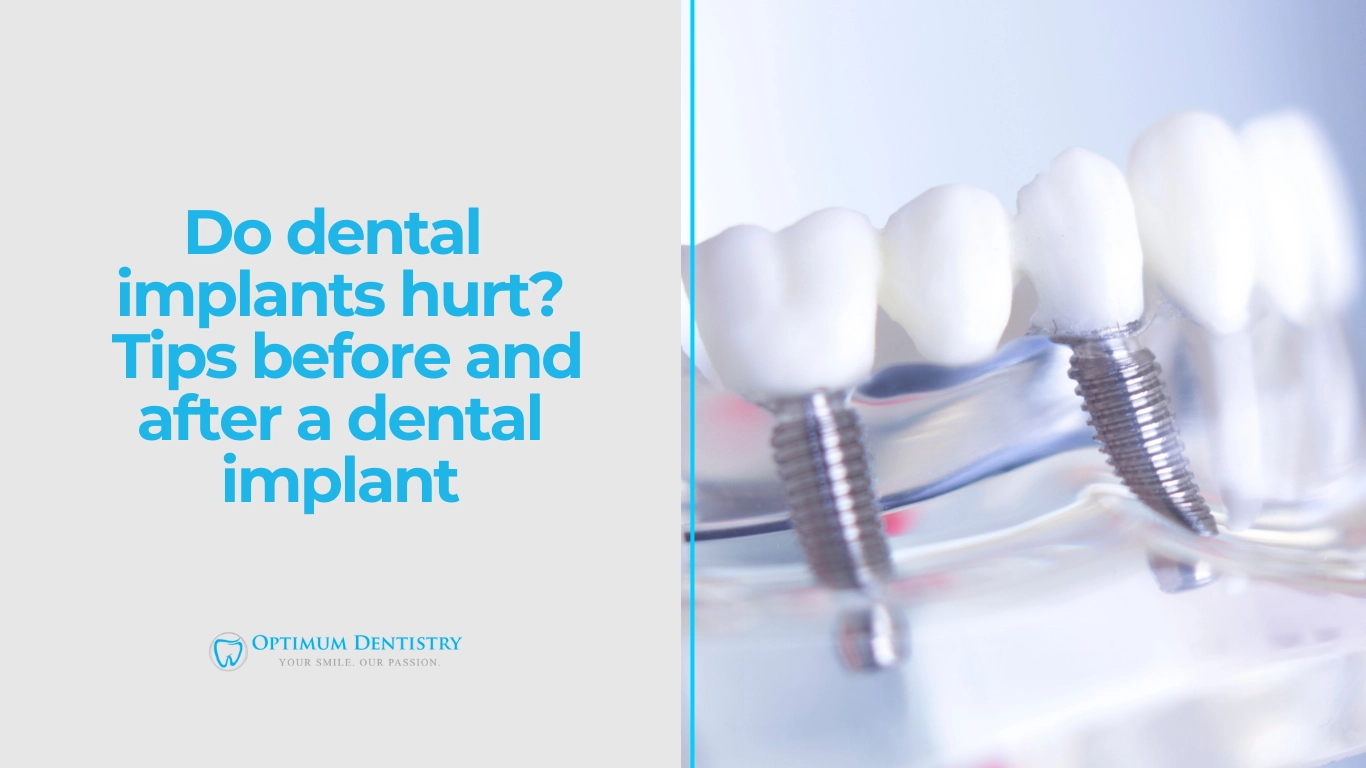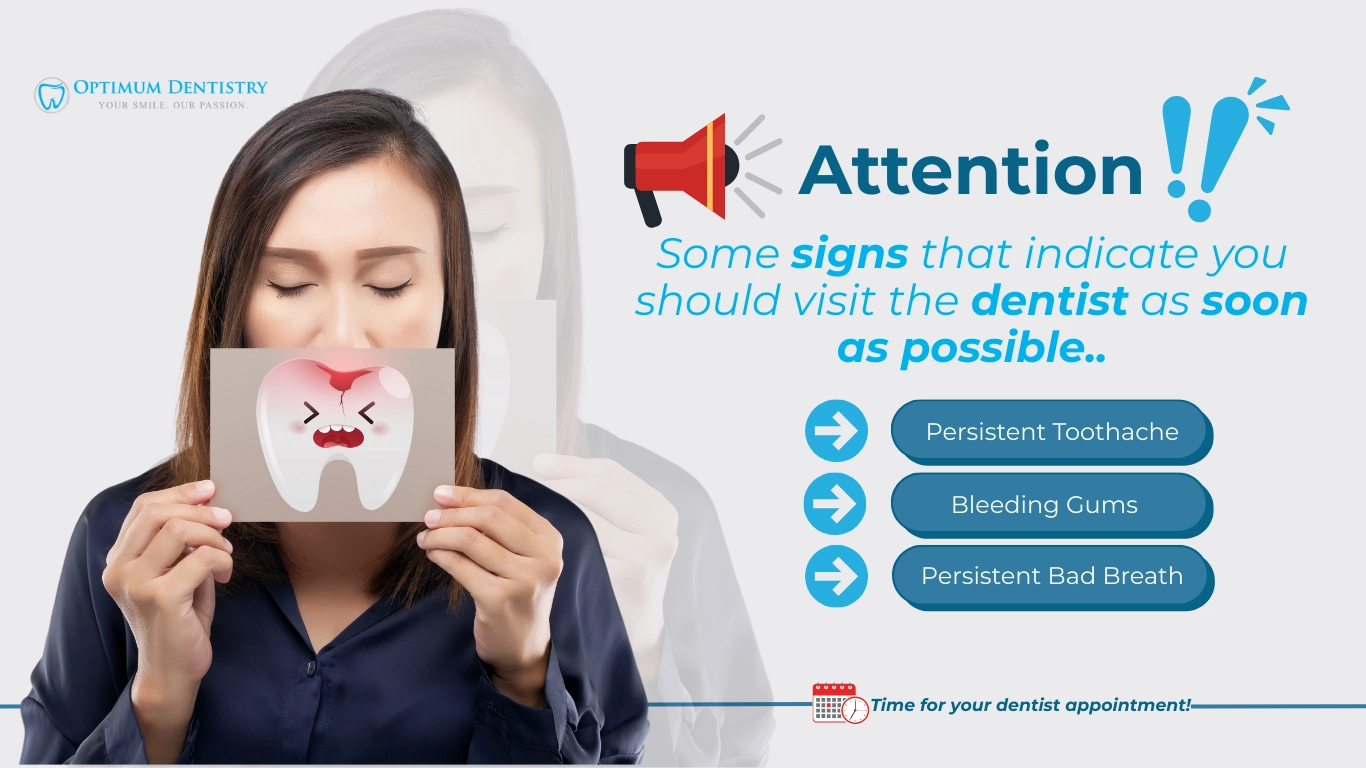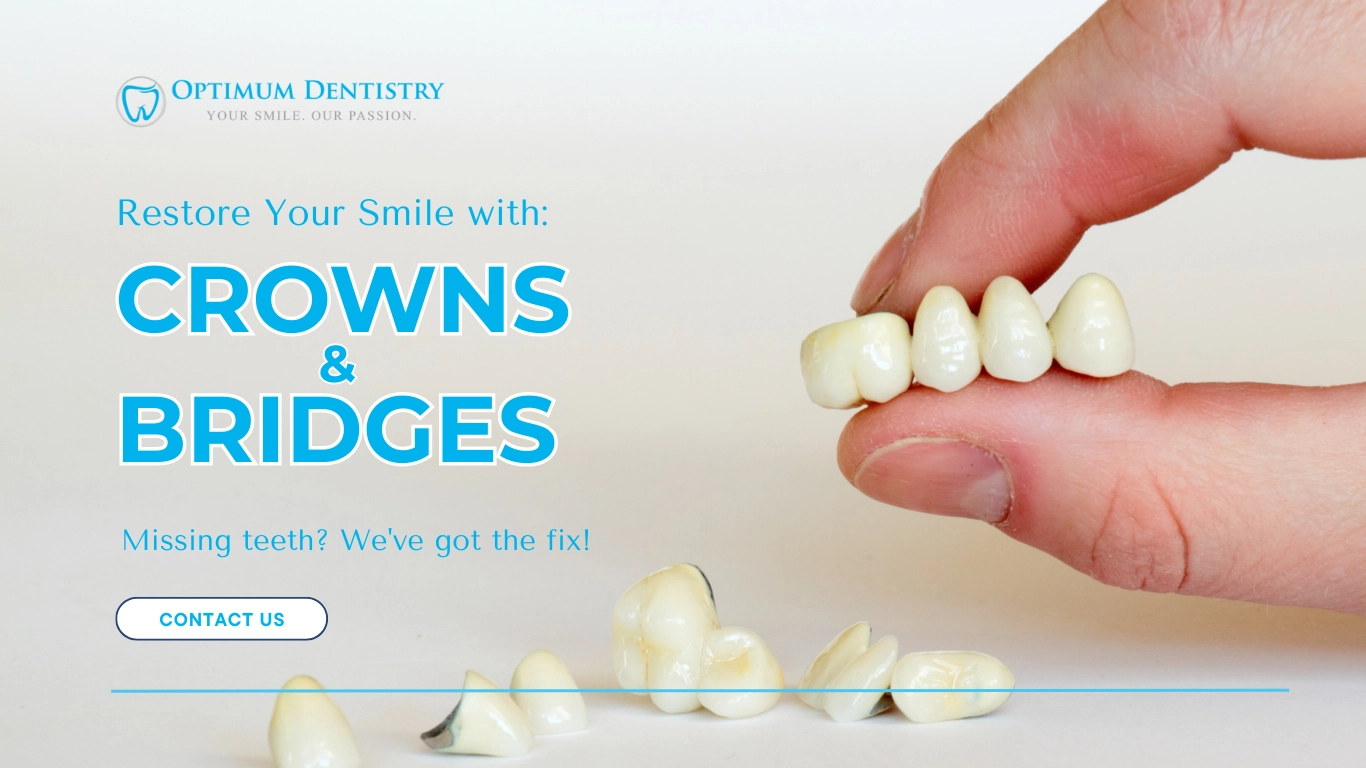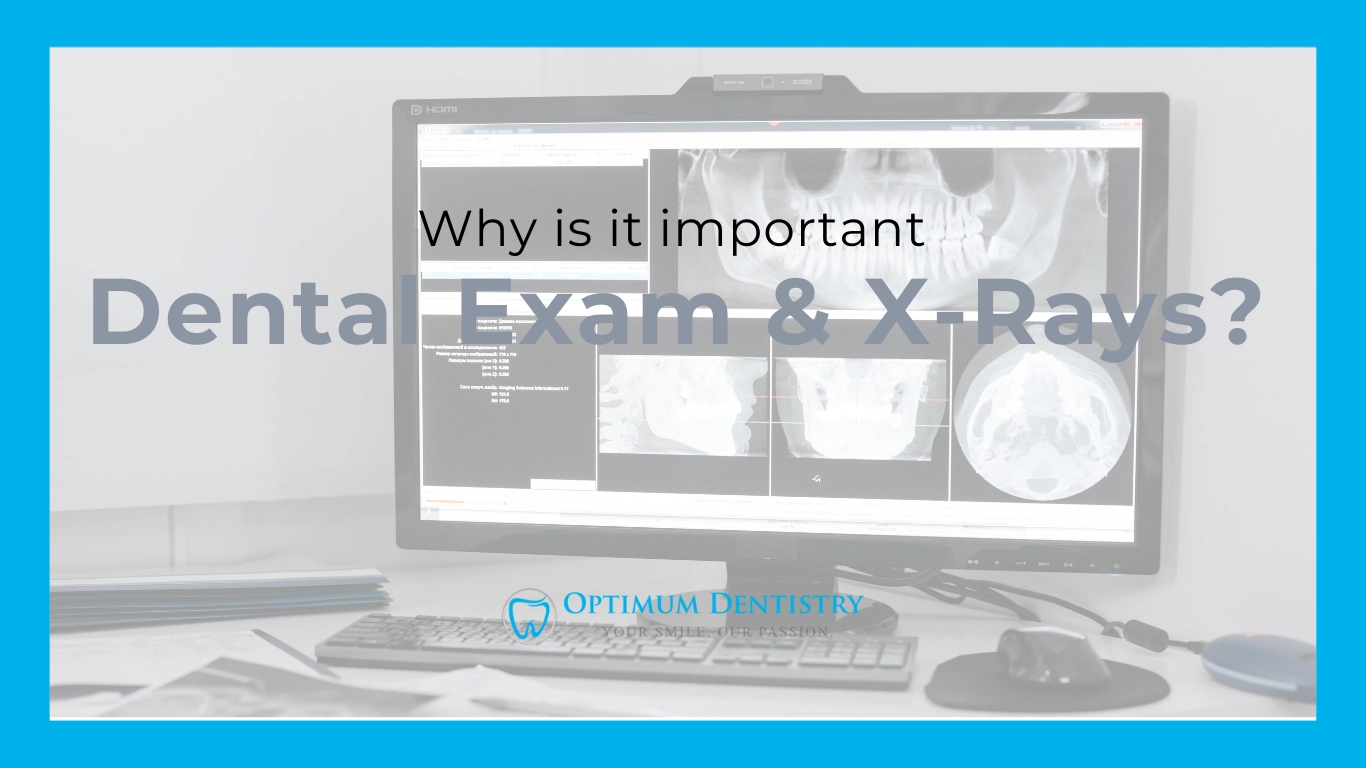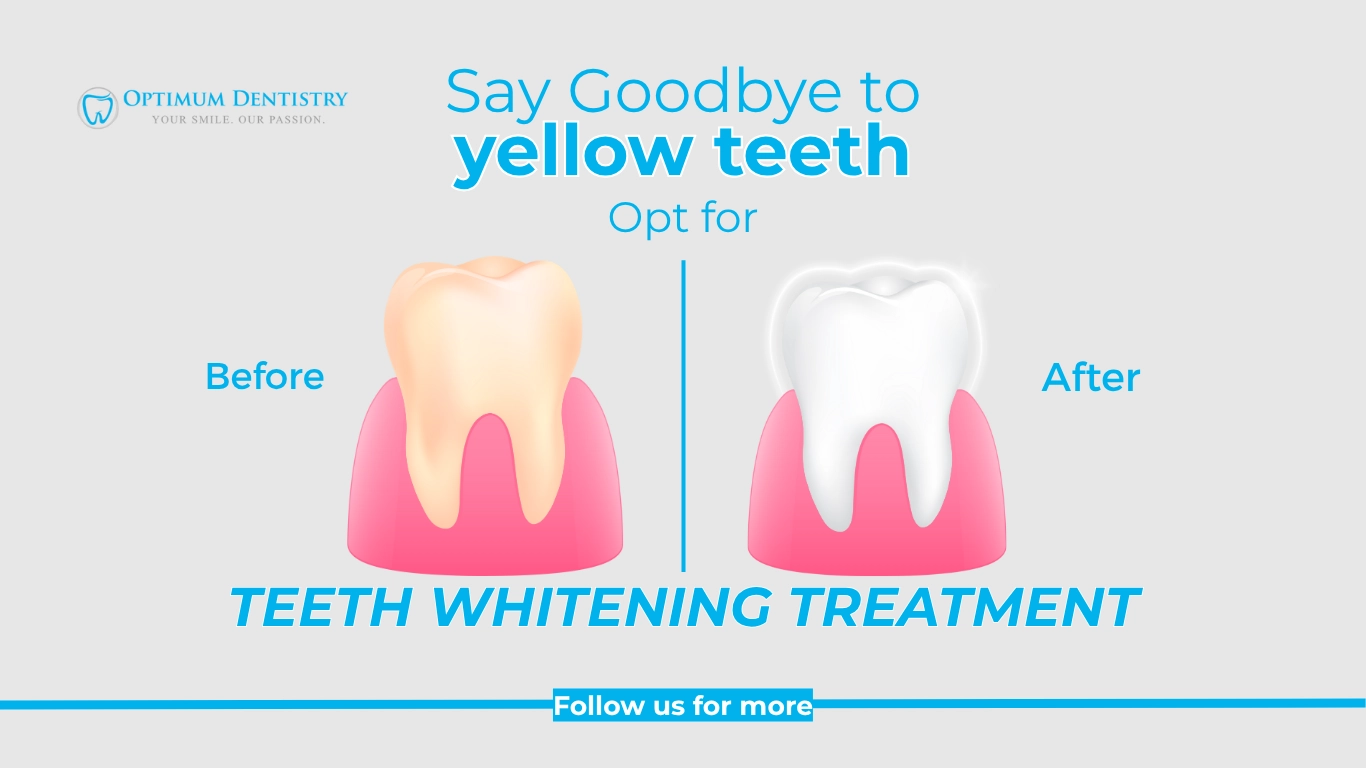Dental implants are one of the most advanced and effective solutions for replacing lost or damaged teeth. However, one of the most common concerns people have when considering this treatment is whether the procedure is painful. If you’re in this situation, this article will address your concerns and offer helpful tips for before and after getting a dental implant.
Do Dental Implants Hurt?
The short answer is: no. Here’s why.
During the Surgery
The placement of a dental implant is performed under local anesthesia, which means you won’t feel any pain during the procedure. While you may feel some pressure or movement, actual pain is not something you should experience because of the anesthesia. Additionally, many patients feel relaxed and comfortable thanks to sedation, which can be optional depending on the case and the patient’s preferences.
After the Surgery
Once the anesthesia wears off, some patients may experience mild discomfort or pain in the treated area. However, this is completely normal and can be managed with pain medications prescribed by your dentist. The pain typically subsides within a few days, and swelling in the gums usually reduces after about a week.
It’s important to note that dental implants are placed into the jawbone, so while the soft tissues heal quickly, the osseointegration (fusion of the implant with the bone) can take several months. During this process, you may feel slight discomfort, but it shouldn’t cause intense pain.
Tips Before a Dental Implant
If you’re considering a dental implant, there are several steps you can take to ensure the procedure goes smoothly and comfortably:
-
Consult with a SpecialistBefore deciding on a dental implant, it’s essential to schedule a consultation with a specialist. A complete dental exam, including X-rays, will help your dentist determine if you’re a good candidate for the procedure. Sometimes, if bone density is insufficient, a bone graft may be necessary before the implant.
-
Make Lifestyle ChangesIf you smoke or drink alcohol frequently, it’s advisable to reduce these habits before the procedure. Smoking and alcohol consumption can interfere with the healing process and increase the risk of infection.
-
Prepare Your HomeAfter the surgery, it’s recommended to have someone accompany you so you can rest and recover without worries. It’s also important to have soft, easy-to-chew foods available, such as soups, purees, or yogurt, as you’ll need to avoid hard foods in the days following the implant.
-
Plan Your ScheduleAlthough most patients feel fine after the procedure, it’s advisable to take at least a couple of days off to rest and recover. This will allow your body to focus on healing and prevent pain from interfering with your daily routine.
Tips After a Dental Implant
Post-care is one of the most important aspects of ensuring the success of your dental implant. Here are some tips to help with your recovery:
-
Take Prescribed MedicationsAfter the surgery, your dentist will likely prescribe pain relievers or antibiotics. It’s important to take these medications as instructed to reduce inflammation and prevent infections.
-
Apply Ice PacksIf you experience swelling, applying an ice pack or cold compress to the treated area during the first 24 hours can help reduce inflammation and minimize pain.
-
Avoid Physical StrainIn the first few days after surgery, it’s important to avoid intense physical activity. Exercise can increase blood flow, which may cause more swelling in the treated area and delay healing.
-
Maintain Good Oral HygieneWhile the treated area may be sensitive, it’s important to maintain good oral hygiene. Brush gently on the areas that haven’t been treated and use an antibacterial mouthwash to prevent infections.
-
Avoid Chewing on the Implant AreaFor the first few weeks of recovery, try to avoid chewing on the side of the mouth where the implant was placed. This will help reduce pressure on the treated area and allow for better healing.
-
Attend Follow-Up AppointmentsFollow-up appointments with your dentist are crucial to ensure the implant is integrating properly into the bone and to detect any early signs of complications.
Dental implants are an excellent solution for restoring the functionality and aesthetics of your smile. While it’s normal to experience some discomfort after the surgery, most patients find that the procedure is less painful than they expected. With the right guidance and proper post-care, dental implants can be a straightforward and complication-free experience.
If you have more questions or are ready to take the next step toward a renewed smile, feel free to contact us at (954) 775-0185 to schedule your appointment at Optimum Dentistry of Coral Springs.
5 Frequently Asked Questions (FAQs)
-
How long does the dental implant process take?The entire process of getting a dental implant can take between 3 to 6 months, depending on how well the implant integrates with the bone and whether additional procedures, like bone grafts, are necessary.
-
Are there any risks or complications with dental implants?Like any surgical procedure, there are some risks, such as infection or implant rejection. However, these cases are rare and can typically be avoided by following your dentist’s instructions and attending follow-up appointments.
-
Do dental implants feel like natural teeth?Yes, dental implants are designed to feel and function like natural teeth. Over time, the implant fuses with the jawbone, providing a solid foundation for a prosthetic tooth that looks and feels completely natural.
-
Can I return to work after the surgery?Most patients are able to return to work the next day, though it’s recommended to avoid strenuous activities during the first few days after the procedure.
-
Are dental implants suitable for everyone?Dental implants are a great option for most people, but not everyone is a candidate. Your dental health, bone density, and overall health are important factors in determining if an implant is right for you.
Don’t hesitate to contact us at (954) 775-0185 if you have more questions or to schedule your consultation with our specialized team. We’re here to help!

